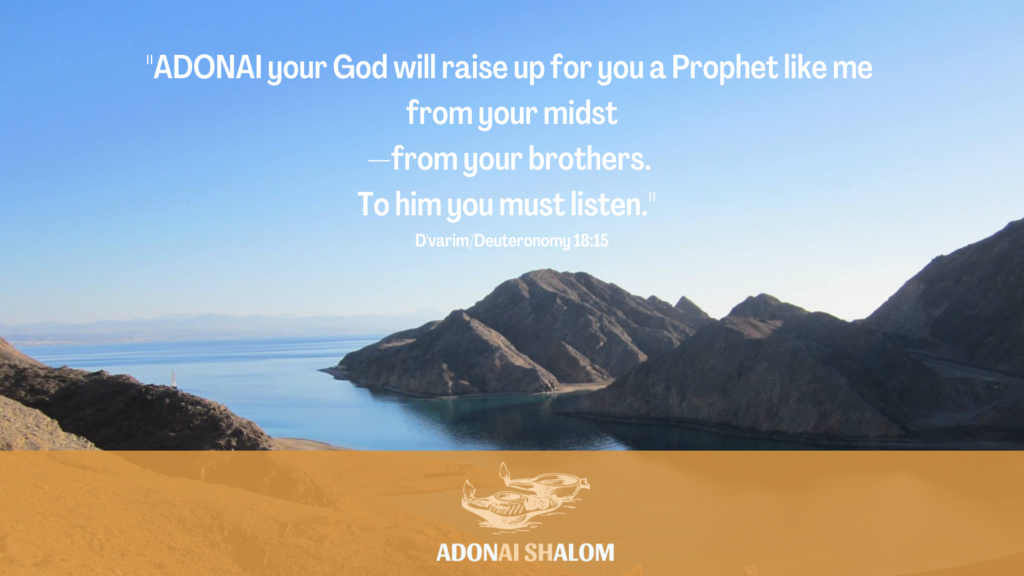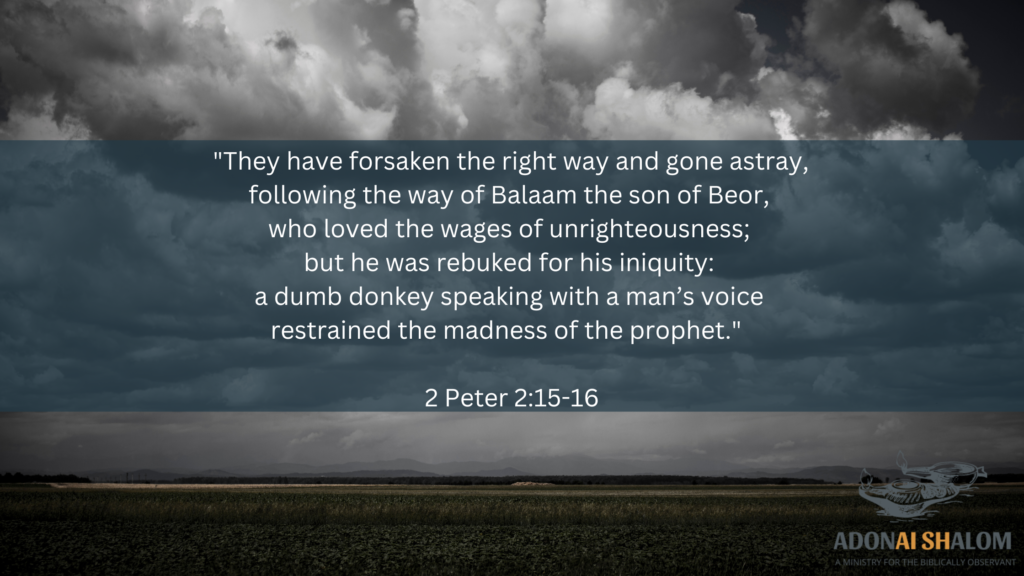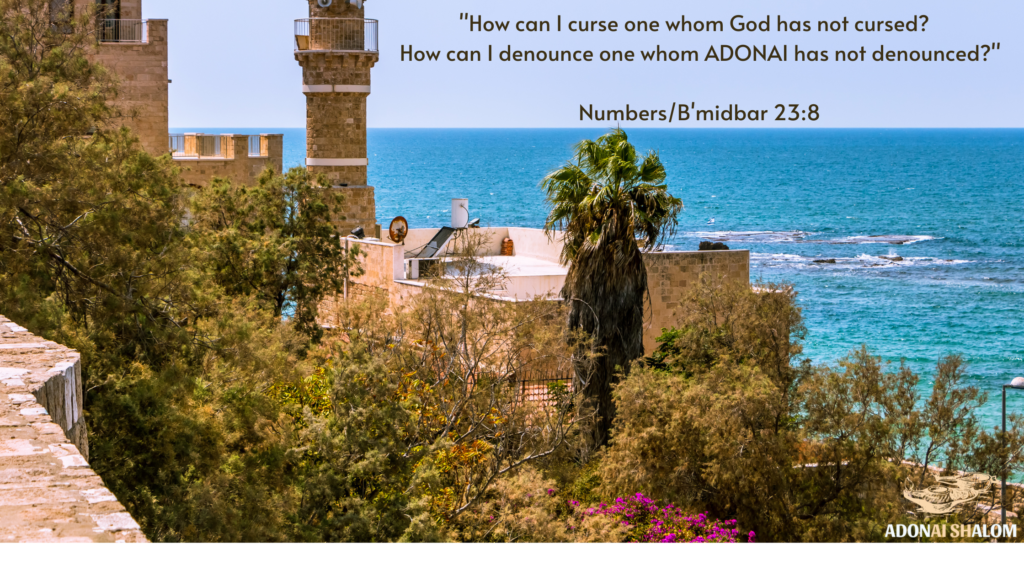The Wonderful Words of Life
Parashat D’varim (Deuteronomy 1-3:22) 5782 B”H
The Book of “Words”
The book of Deuteronomy is known as “D’varim” in Hebrew, which simply means, “Words.”
D’varim is comprised of 34 chapters, so yes, there are many words!
Our English term, “Deuteronomy” comes from the Greek term in the Septuagint, “deuteronomion,” which means “Second Law.” This is a misnomer; however. The Tree of Life Bible Introduction to Deuteronomy recognizes this and aptly states, “There is no second Torah.” It is a “second telling” of that which has already been told, the law and story of Israel, a recap for the next generation of Israelites.
Just as it was then, it remains important to continue to tell the story – HIStory: the marvelous true story of the LORD’s unfolding plan of salvation.
The wonderful words of life.
(adsbygoogle = window.adsbygoogle || []).push({});
Wonderful Words of Life
Do you know that wonderful hymn? It is a great song to remind us of the beauty of the Word of God.
For the full lyrics and even Spanish translation, check out this page on Hymnary. Here’s a recording you might enjoy listening to today:
From stuttering to speech-giving
In D’varim (Deuteronomy), Moshe (Moses) has matured in his ministry role.
We must smile for a moment. Moshe the reluctant stutterer is now providing full speeches! D’varim records three of his speeches addressing the growing nation of Israel.
Moshe overcame his fear of using words!
This is a lesson for us: if we fear public speaking or get nervous sharing the Good News of salvation with strangers, we can overcome those fears and anxieties. Moshe knew that he needed to provide pastoral instruction to the Israelites, just as we are called to live out the Great Commission.
Sometimes we overcome our fears because there is a need. If we place the need above our personal preferences and pray that the LORD by the power of His Holy Spirit (Ruach haKodesh) helps us, we can overcome and be used mightily for the salvation of souls.
Moshe did this and served as a spokesman for God. Then, One-Greater-Than-Moses came: Yeshua (Jesus). Yeshua was also a spokesman for God, but there is a key difference: Yeshua IS God!
HIS Word is so valuable, we must share the Good News that Yeshua has come!
May He help us share the wonderful words of life.
D’var HaShem (Lit.: “The Word of the Name”): The Word of God
The Hebrew term דָּבָר Davar (D’var) (plural: d’varim) is translated in the Septuagint (the earliest Greek translation of the Hebrew Bible) using the terms “logos” and “rhema.” “In the beginning was the Word (Λόγος/logos) and the Word (Λόγος/logos) was with God and the Word (Λόγος/logos) was God.” John 1:1
So, “In the beginning was the Davar and the Davar was with God and the Davar was God.” John 1:1
I point this out so that you can see a link between Deuteronomy and the Gospels. Messiah Yeshua (Jesus Christ) quoted from Deuteronomy frequently! When He was tempted in the desert (Matthew 4:1-11) He used the words of Deuteronomy to fend off the devil. Why Deuteronomy? It is a very practical book and contains the Sh’ma (Deuteronomy 6:4-9): the prayer that would become central to Jewish religious practice.
The Words, the D’varim, could be used as armor. Messiah Yeshua (Jesus) shows us that if we know the Bible, if we memorize Scripture, we can combat the fiery darts (Ephesians 6:16) of hasatan (satan) – and win!
There is power in those words because they are D’varim HaShem. They are the Words given by God. Divine words that all came together in the person of the Holy Word, the Word Incarnate – D’var HaShem, our LORD and Savior Yeshua (Jesus).
The Prophet Greater than Moses
Moses is so very revered by the Jewish tradition that to say anyone could be greater signifies a great deal. Many Jewish people today do not believe in Messiah because they do not realize that the One Greater-than-Moses has come. Great efforts have been taken to avoid using passages of Scripture such as Isaiah 53 in synagogue services so that Jewish people will not contemplate that the passage is talking about Yeshua of Nazareth. This is tragic! If you are able to befriend a Jewish person, you must share with them the d’varim of Isaiah 53 so they can see how this Scripture has been fulfilled in Messiah.
Just as Moshe gives a long discourse in D’varim, Messiah Yeshua gave a long discourse for the Sermon on the Mount. Messiah was proving He is the Prophet of whom Moshe spoke in Deuteronomy 18:15 – the One who would come and must be listened to! I love the way Dr. Christopher Smith explains this: “ . . . the farewell speech of the first Moses provides the inaugural content for the new Moses.” Moshe himself prophesied of Messiah:

This Scripture assures us that there will indeed be someone greater than Moses, and we know and the Scriptures testify that in Messiah Yeshua (Jesus) alone we have eternal life (John 5:39).
So share the wonderful words of life with someone today, that you may be an instrument, a spokesperson for the kingdom of God!
Just as the unbelieving Jewish people need to know Messiah, the believing Christians in our world need to know their connection to Israel. How much more deeply can we know our Savior if we understand the Messianic prophecies and His connection to the Jewish nation! May you be blessed today by His Word! Join us in praying for the nation of Israel, that unbelieving Jewish people would come to know their Messiah. We are praying also for Christian believers to learn more about the Jewish roots of their faith! Please leave a comment below and share with your friends!


